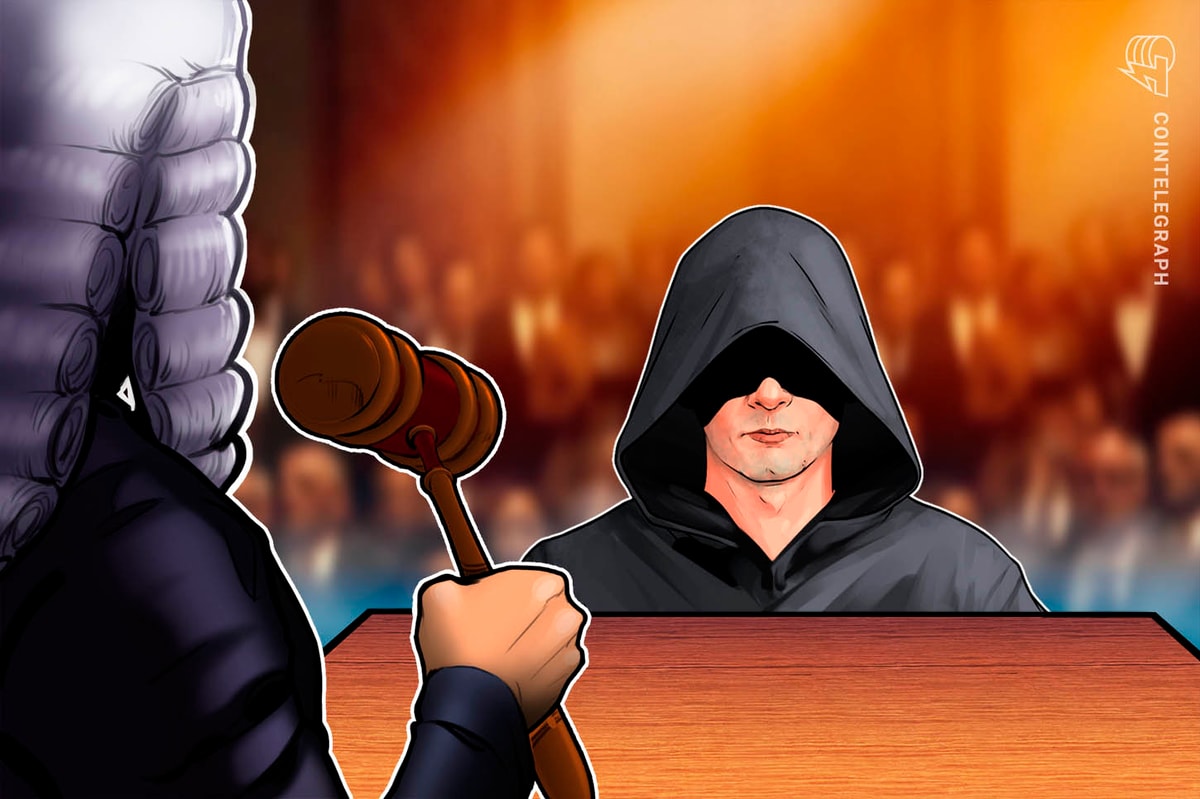Following the approval of spot Ether exchange-traded funds (ETFs), experts discussed the development during a Cointelegraph-hosted session on X Spaces.
On May 23, the United States Securities and Exchange Commission (SEC) approved the 19b-4 filings from Ether (ETH) ETF applicants, including VanEck, BlackRock, Fidelity, Grayscale, Franklin Templeton, ARK 21Shares, Invesco Galaxy and Bitwise.
— Cointelegraph (@Cointelegraph) May 24, 2024
Following the Ether ETF approval, Cointelegraph Managing Editor Gareth Jenkinson hosted an X space with Bloomberg analyst Eric Balchunas, VanEck head of digital assets research Matthew Sigel, Consensys director of global regulatory matters Bill Hughes and Animoca Brands co-founder Yat Siu.
What comes after the spot Ether ETF approval?
After the approval of the spot ETH ETFs, Balchunas anticipates a scenario similar to what occurred with the spot Bitcoin (BTC) ETFs. The analyst described it to be like a “carbon copy horse race” where the same issuers would launch on the same day.
Despite its potential similarities to the spot BTC ETFs, Balchunas believes that the ETH ETFs might have less volume.
“I would look for a lot of similarities, except I would divide everything you saw with Bitcoin by about 10. So, you’re going to have like maybe $1 billion or 2 in the first couple of weeks total. I just don’t see these as big.”
While the analyst doesn’t think the spot ETH ETFs would be as big as the Bitcoin ones, Balchunas said that traders might make interesting moves. “You could see people short the ETF and buy ETH because you can stake it.”
Meanwhile, Sigel, who works with one of the ETF issuers, said they will go out there and make a “very strong investment case” for Ethereum. The VanEck executive highlighted that they’ve been working with their team to find the ideal mix of Bitcoin and Ethereum and will release their analysis soon.
Sigel also expressed his belief that there are a lot of tech and equity investors looking for assets with intrinsic value. The executive said that these investors may not be aware of Ethereum and its “vibrant, decentralized application (DApp) ecosystem.”
The U.S. doesn’t want to play “second fiddle”
Siu, who works with the Hong Kong government to promote Web3 development in the special administrative region, said that the community can expect more developments as the U.S. starts to compete in crypto and Web3.
On April 15, Hong Kong’s Securities and Futures Commission (SFC) approved its first spot BTC and ETH ETFs. With the U.S. and Hong Kong approving spot BTC and ETH ETFs, the executive believes that other jurisdictions might also begin to consider having their own crypto-based exchange-traded funds. He explained:
“Now that the U.S. has approved it, I think other countries around the world, whether it’s the U.K., Singapore, Japan, or the Middle East, like Dubai, they’re all going to be looking at, ‘well, we need to have our own version of this spot ETF.’”
With jurisdictions all over the world jumping into crypto ETFs, Siu believes that the U.S. would not want to be left behind. “I think the U.S. certainly doesn’t want to play second fiddle to anyone.”
Because of this, the executive believes that there will be more interesting developments as there’s a “shifting tide in terms of sentiments” in the United States.
Related: Is Ethereum a security, currency or commodity?
Lawyer on Ether as a commodity
While the SEC did not expressly state that ETH is a commodity, Hughes believes that the spot ETF approvals admit implicitly that this is the case. However, the Consensys lawyer said that the SEC should be transparent about the implications of its rulemaking. He explained:
“These rule amendments, which is, from our vantage point, is troubling. We should be above board and transparent as to the implications that something like this has in more than just the rule makings themselves.”
Additionally, although the approval of ETFs is celebrated as a victory for cryptocurrency, the lawyer remains skeptical about whether the SEC will adopt a more liberal stance on crypto-related matters in the future.
However, Hughes also suggests that this development could highlight “tensions in the legal theories” the SEC was “improvising” to justify their enforcement actions.
Magazine: Godzilla vs. Kong: SEC faces fierce battle against crypto’s legal firepower











